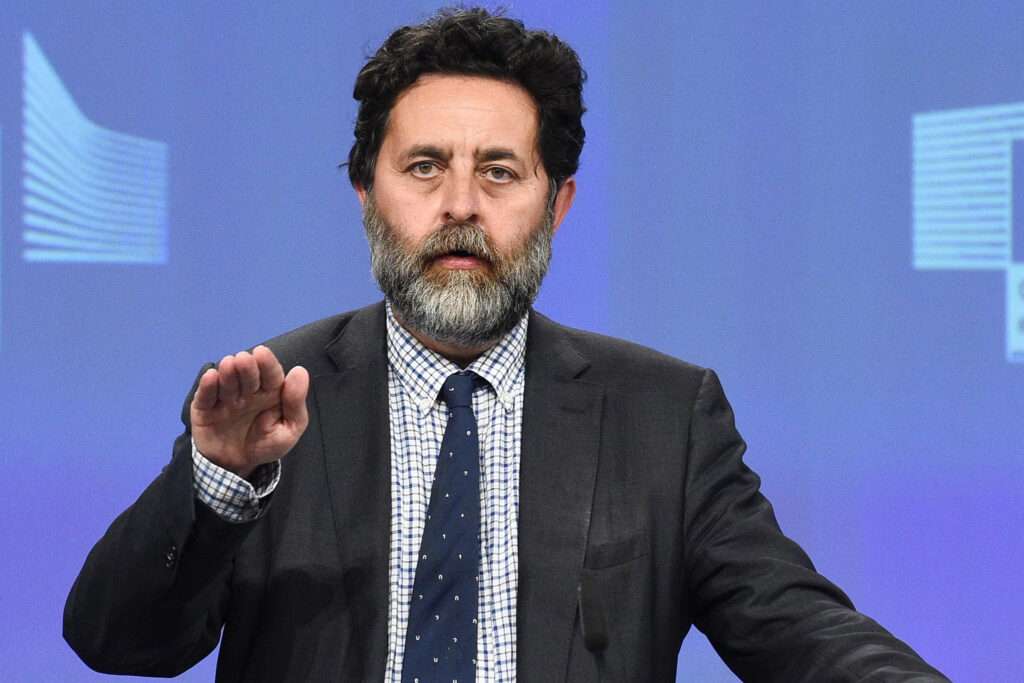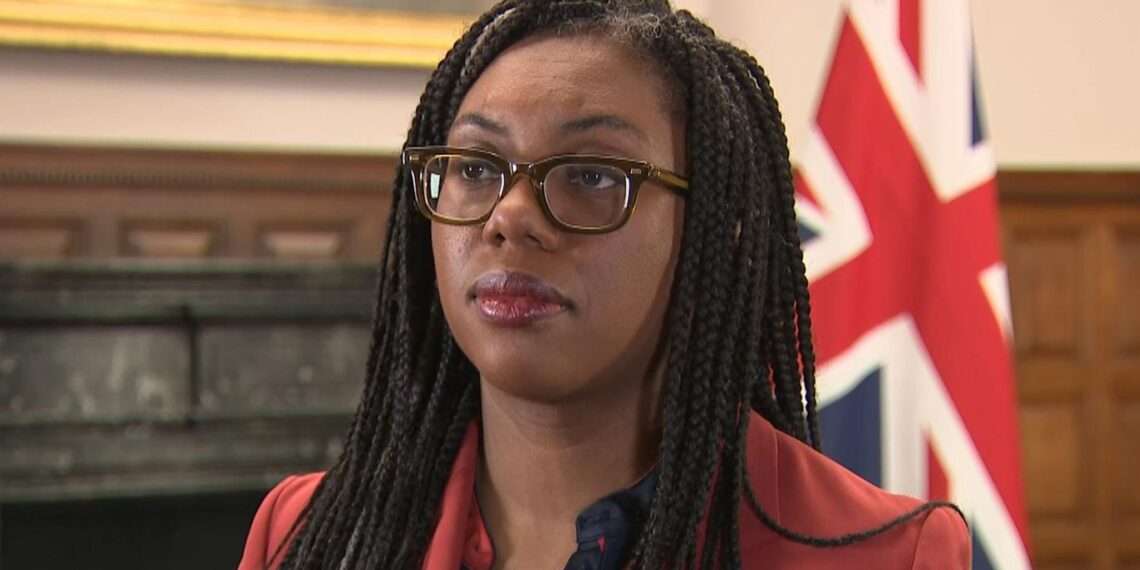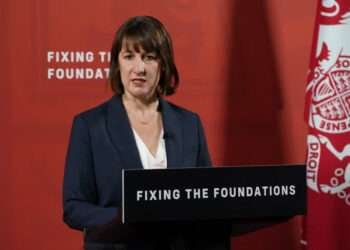Conservative leader Kemi Badenoch has acknowledged that Brexit has not delivered the results voters hoped for, admitting, “We ended free movement, but the system that replaced it is not working.”
Speaking at a press conference in Westminster, Badenoch criticized the previous government’s handling of post-Brexit immigration and vowed to implement a new approach under her leadership.
“Under my leadership, we are learning from our mistakes,” Badenoch said, as the Tories positioned themselves as a party with a “new leader and a new approach” to address the challenges of migration. She warned that “the system is broken, and until we accept that, all politicians are doomed to fail.”
With net migration figures set to be released on Thursday, November 28, Badenoch hinted at a likely reduction in numbers, attributing it to last-minute Conservative reforms rather than the efforts of the current government.
“Tomorrow’s figures will likely show a reduction in net immigration and no doubt the new government will try to take credit for that reduction. But that change is due to the reforms that the Conservatives made during our final months in power.”
Kemi Badenoch
Promises of Tougher Measures Ahead
Standing alongside Immigration Minister Chris Philp, Badenoch outlined a series of bold proposals to reshape the UK’s immigration framework. These included a hard numerical cap on arrivals and a “zero tolerance policy” for illegal migration.
“Millions want to come here, but we as politicians have to do right by the citizens of this country before anyone else,” she declared. The Conservative leader also pledged to reassess the UK’s commitment to international agreements such as the European Convention on Human Rights (ECHR).
“We will review every policy, treaty, and part of our legal framework, including the ECHR and the Human Rights Act,” Badenoch said. She proposed a stricter immigration framework with visas granted only to those “who will make a substantial and clear overall contribution.”
Additionally, Badenoch called for a “reconsidered approach to citizenship” and emphasized that holding a British passport should be viewed as a privilege. “A British passport should be a privilege to be earned, not an automatic right,” she stated.
EU Pressures UK on Youth Mobility Deal
While Badenoch focuses on domestic migration reform, external pressure is mounting on Prime Minister Sir Keir Starmer to enhance post-Brexit relations with the European Union.
Ignacio Garcia Bercero, the EU’s former chief negotiator, urged the UK to prioritize a youth mobility scheme as part of a broader reset of relations with Brussels.

In a policy brief, Garcia Bercero stressed that a youth mobility deal is critical to the future EU-UK relationship, stating, “An agreement to negotiate an EU-UK youth mobility scheme has become a threshold issue for the reset.”
He warned that failure to secure such an agreement could jeopardize progress on other trade-related negotiations. “Although it does not constitute a trade agreement, there is a risk that failure to launch negotiations on youth mobility may derail negotiations on the trade agenda,” he said.
Garcia Bercero proposed additional legally binding agreements to complement the Trade and Cooperation Agreement (TCA), which currently governs trade between the UK and the EU. These include a new framework for regulatory cooperation and a ministerial forum to strengthen collaboration on global trade and economic issues.
He also emphasized the need for flexibility, urging both sides to test the boundaries of their red lines, particularly regarding freedom of movement and trade policies. “It is therefore urgent and essential that both sides engage in discussions to test respective flexibilities,” Garcia Bercero added.
As Badenoch works to reform the UK’s domestic policies, the broader challenge of recalibrating the country’s relationship with the EU continues to be in the crosshairs.
READ ALSO: Safo Newman Shares Interesting Tale on Life as a Teacher





















